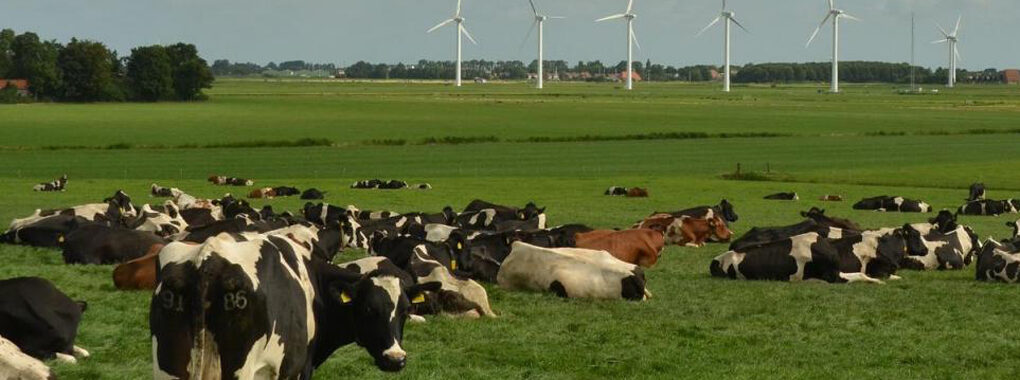The nitrogen agreement is finally there
After months of negotiations, the Flemish government finally reached a consensus on the nitrogen dossier at the end of February. In the agricultural sector, however, there is great concern and uncertainty about the nitrogen deal.
Tackling harmful nitrogen emissions
First, let us go back in time. Agriculture, manure processing and industry in our country currently emit far too much nitrogen and ammonia. And that is bad for nature and unhealthy for humans.
In order to drastically reduce the nitrogen load and the accompanying impact on protected nature, the Flemish government had promised a clear regulatory framework and corresponding compensation measures for farmers by the end of 2021. That deadline was not met and, after long negotiations, a consensus on the approach to nitrogen emissions was only reached at the end of February this year. However, not everyone, and especially the sector itself, agrees with the elaborated nitrogen policy.
The nitrogen agreement in outline
To describe the entire nitrogen deal here in detail would lead us too far. Therefore, the most important points in a row:
- The most polluting, so-called 'red' companies will have to stop by 2025. Those 40 or so companies will receive compensation. Some 120 "dark orange" farms will be given the chance to stop voluntarily by 2026.
- Pig and poultry farms whose stables are not yet equipped with air washers to reduce ammonia emissions must reduce nitrogen emissions by 60% by 2030.
- The pig population must be reduced by 30% by 2030.
- A correction mechanism is provided for small-scale and organic farms.
- Young farmers get extra support to invest in emission reduction techniques.
- For valuable nature reserves, a manure ban will apply from 2028.
Mixed reactions
The Flemish government foresees 3.6 billion euro for the implementation of the nitrogen plan. The largest part of this gigantic sum will go to compensating farmers. However, the announced measures and accompanying compensation are provoking mixed reactions. The Farmers' Union talks about breach of contract, the General Farmers' Syndicate is concerned about compensation for farmers, and Bond Beter Leefmilieu reacts cautiously to the plans to reduce nitrogen in the air.
To be continued
The fact that there is now political agreement does not mean that the legal texts are ready. First, all measures will be assessed and calculated in an environmental impact report. After that, a public enquiry will start, in which comments can be translated into objections. Only then can the Flemish Government definitively approve the Programmatic Approach to Nitrogen (PAS) and elaborate the regulations. In the meantime, a transitional arrangement applies whereby permits that expire in 2022 are extended by 18 months.

